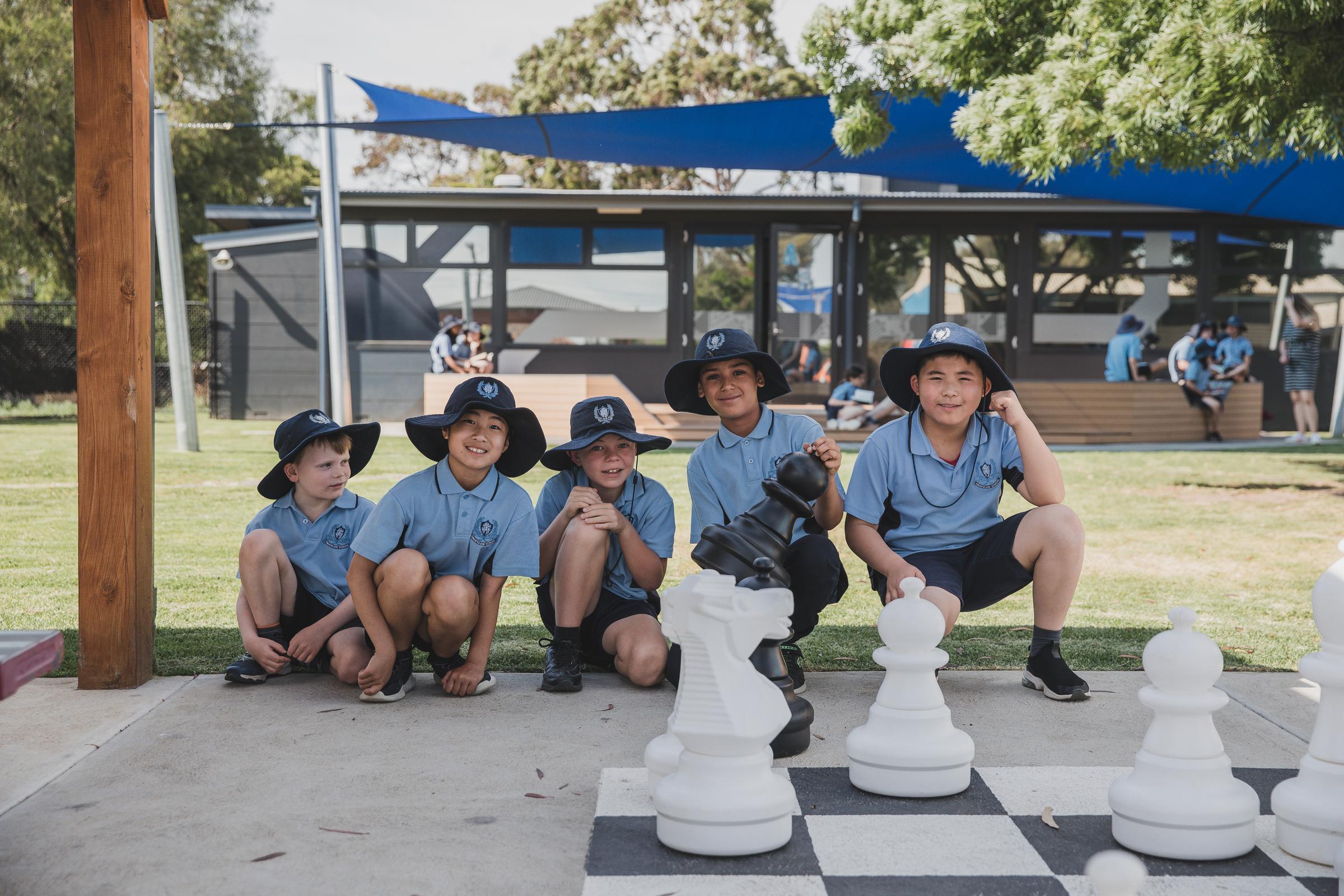Wellbeing Report

This week sees us halfway through Term 3. With the sun shining more often, hopefully we make it to the end of the term and we are all feeling healthier. We continue to have new families join our school over the past few weeks, it is great to see these families settling in and becoming part of the Aberfeldie school community. Welcome to all our families who have started with us since the beginning of this term.
Thank you to all the parents/carers who took the opportunity to meet with school staff (teachers and myself) in the beginning of the term for Parent/Teacher Conferences and Student Support Group meetings. Being able to meet face to face and discuss the progress and success of students is rewarding as well as beneficial for the work across the second half of the year. If you were unable to meet with your child’s class teacher and would like to, please contact them through Compass and make a time.
Lost property
There is a large amount of lost property that has accumulated this term, from school jumpers to lunch boxes and containers. Please take a moment to check if anything from lost property belongs to your family. Lost property is stored in the main administration building, down the hall from the office.
Nationally Consistent Collection of Data on School Students with Disability (NCCD)
Every year, all schools in Australia participate in the Nationally Consistent Collection of Data on School Students with Disability (NCCD). The NCCD process requires schools to identify information already available in the school about supports provided to students with disability. These relate to legislative requirements under the Disability Discrimination Act 1992 and the Disability Standards for Education 2005, in line with the NCCD guidelines (2019).
Information provided about students to the Australian Government for the NCCD includes:
- year of schooling
- category of disability: physical, cognitive, sensory or social/emotional
- level of adjustment provided: support provided within quality differentiated teaching practice, supplementary, substantial or extensive.
This information assists schools to:
- formally recognise the supports and adjustments provided to students with disability in schools
- consider how they can strengthen the support of students with disability in schools
- develop shared practices so that they can review their learning programs in order to improve educational outcomes for students with disability.
The NCCD provides state and federal governments with the information they need to plan more broadly for the support of students with disability.
The NCCD will have no direct impact on your child and your child will not be involved in any testing process. The school will provide data to the Australian Government in such a way that no individual student will be able to be identified – the privacy and confidentiality of all students is ensured. All information is protected by privacy laws that regulate the collection, storage and disclosure of personal information. To find out more about these matters, please refer to the Australian Government’s Privacy Policy (https://www.dese.gov.au/about-us/resources/department-education-skills-and-employment-complete-privacy-policy-0).
Further information about the NCCD can be found on the NCCD Portal (https://www.nccd.edu.au).
If you have any questions about the NCCD, please contact me,
- Heather Golder
